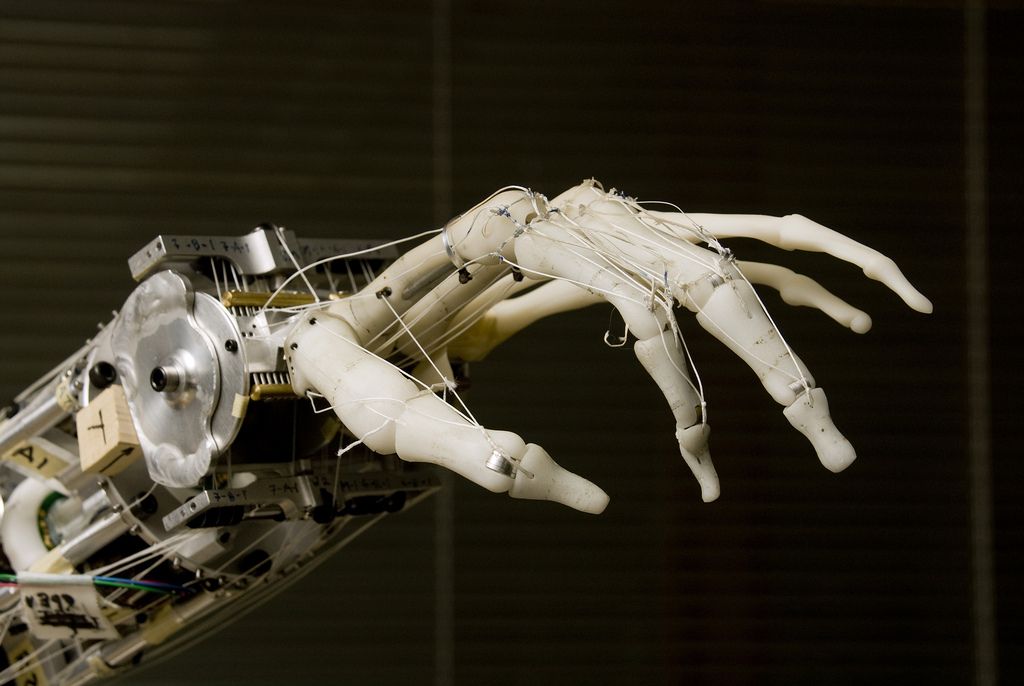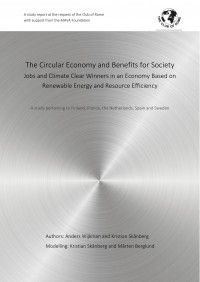Jan 8, 2016
Why 3D Printing Will Be a Key Technology in the Next Space Race
Posted by Klaus Baldauf in categories: 3D printing, economics, space travel, transportation
NASA recently announced that they test fired a research rocket engine. Nothing special about that—other than the fact said engine was 75 percent 3D printed parts.
As industrial 3D printing has moved from prototyping to actually manufacturing finished products, the aerospace industry has become an avid early adopter. Although in many industries mass production techniques still make economic sense—for the ultra-precise, almost bespoke parts in rockets? 3D printing is a great fit.
Continue reading “Why 3D Printing Will Be a Key Technology in the Next Space Race” »



 relevant to my role on the New Money Systems board at Lifeboat. Here, then, is my reply to: “How can governments ban Bitcoin?”
relevant to my role on the New Money Systems board at Lifeboat. Here, then, is my reply to: “How can governments ban Bitcoin?”













